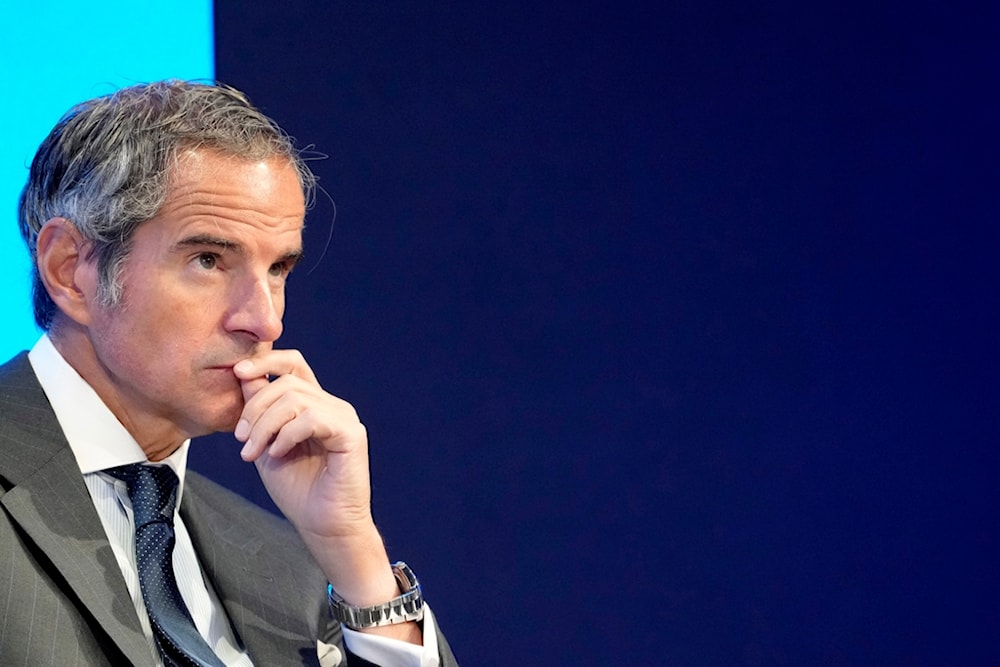IAEA chief calls for engagement with DPRK regarding nuclear safety
Rafael Grossi has called for international re-engagement with the DPRK over its nuclear capabilities.
-

International Atomic Energy Agency (IAEA) Director General Rafael Mariano Grossi speaks at the Annual Meeting of the World Economic Forum in Davos, Switzerland, on Tuesday, January 21, 2025. (AP)
The head of the International Atomic Energy Agency (IAEA) has emphasized the need for renewed international efforts to engage the Democratic People's Republic of Korea (DPRK) on nuclear safety.
"We should try to strive for a re-establishment of some engagement, some presence by the IAEA in the country," Rafael Grossi told reporters in Tokyo on Thursday.
Addressing questions about the DPRK’s nuclear capabilities, he pointed out that the IAEA's last activities in the country took place in 2009.
Grossi noted that he had discussed the matter with Japanese Prime Minister Shigeru Ishiba, who had recently brought it up with US President Donald Trump during a meeting in Washington.
"There are areas like nuclear safety where we could try to establish some form of engagement," he said, underlining Japan’s "indispensable" role and emphasizing that "China’s role is going to be very, very important as well."
During his visit to Japan, Grossi also inspected the release of treated nuclear waste from the Fukushima nuclear plant alongside experts from China, Switzerland, South Korea, and Japan.
Recognizing the challenges of denuclearization, Grossi acknowledged that "denuclearization of the Korean Peninsula is easier said than done," while referring to binding UN resolutions against DPRK’s nuclear program.
DPRK says nuclear arsenal 'non-negotiable red line'
The DPRK reaffirmed last week that its nuclear arsenal is a "red line" that cannot be negotiated or relinquished, emphasizing that it is designated for actual military use if the country’s sovereignty or the safety of its people is threatened.
In an official statement released on Saturday by the Korean Central News Agency (KCNA), the DPRK condemned NATO and the European Union for refusing to recognize the DPRK as a nuclear power.
The statement described calls for the complete dismantling of Pyongyang’s nuclear program as "irrational remarks."
KCNA asserted that the DPRK's nuclear capabilities were not merely a political issue but served as a strategic deterrent against threats from hostile forces.
Pyongyang further stressed that it will not place nuclear disarmament on the negotiation table, even if dialogue with the United States resumes.
Read more: Kim Jong Un vows to continue DPRK’s nuclear program

 2 Min Read
2 Min Read










